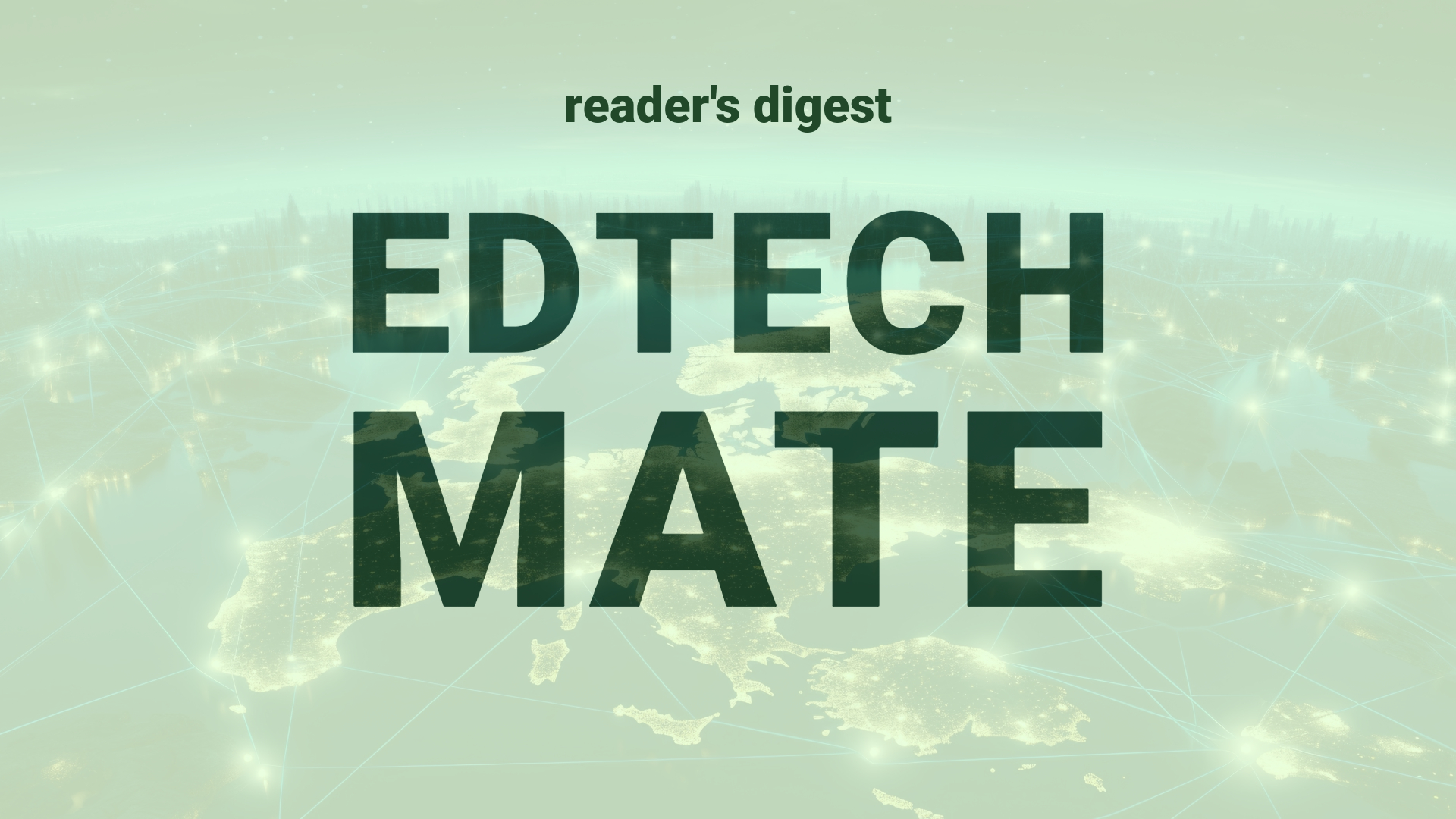Executive Summary and Main Points
The recent advances in AI, with a notable increase in large-scale applications for millions of users, have the potential to positively impact society and further the United Nations Sustainable Development Goals (SDGs). Key innovations in AI, particularly generative AI, are empowering numerous sectors, including education, to enhance productivity, promote social good, and support economic growth. Since 2018, the identification of AI use cases for social benefit has risen from 170 to around 600, demonstrating rapid expansion and significance. AI holds substantial promise across all SDGs, specifically in the realms of health, education, climate change, energy, and sustainable urban development. Nonetheless, a stark contrast exists between AI’s developmental potential and the current distribution of AI-related grants, indicating opportunities for further investment, especially in quality education (SDG 4).
Potential Impact in the Education Sector
The infusion of AI in Further and Higher Education promises to revolutionize learning methodologies, expanding reach and inclusivity. AI could offer personalized learning experiences, automate assessments, and support a more robust virtual learning environment. As for Micro-credentials, AI can provide validation, facilitate skills mapping to industry needs, and streamline the credentialing process. Strategic partnerships between educational institutions and AI firms, coupled with proactive digitalization, could accelerate the achievement of quality education (SDG 4). However, equitable resource allocation is crucial to minimize the digital divide and ensure AI’s benefits transcend economic barriers.
Potential Applicability in the Education Sector
AI and digital tools can be leveraged in the global education systems through personalized learning platforms that adapt to individual student needs, chatbots for student support services, and AI-powered data analytics to inform educational strategies. Additionally, AI can assist in curriculum development aligned with global standards, offering a mix of localized content and universal competencies. The broader international education community may benefit from cross-border collaborations that harness AI for shared educational goals, research, and developing scalable and sustainable educational technology solutions.
Criticism and Potential Shortfalls
While AI offers numerous opportunities for social good, its application within education raises concerns related to data privacy, biases in training algorithms, and equitable access. Comparing international case studies reveals discrepancies in AI’s effectiveness and acceptance across different cultural contexts. Furthermore, ethical issues arise from the potential misuse of AI technologies, risking student data security and the authenticity of educational processes. To mitigate these concerns, comprehensive regulatory frameworks and ethical guidelines are needed globally.
Actionable Recommendations
To harness AI’s true potential in education, international education leadership should:
– Advocate for inclusive AI literacy and training programs to prepare the future workforce.
– Invest in ethical AI research to foster innovations that align with societal values.
– Prioritize public and private funding for scalable AI education projects, especially in underrepresented regions.
– Build strategic alliances across academia, industry, and non-profits to share knowledge and resources.
– Develop clear ethical standards and data governance models to address privacy concerns and bias in AI systems.
By focusing on strategic investment, collaboration, and the ethical deployment of AI, the global higher education sector can innovate and scale up beneficial technologies, working in concert with the efforts to achieve the Sustainable Development Goals
Source article: https://www.mckinsey.com/capabilities/quantumblack/our-insights/ai-for-social-good

